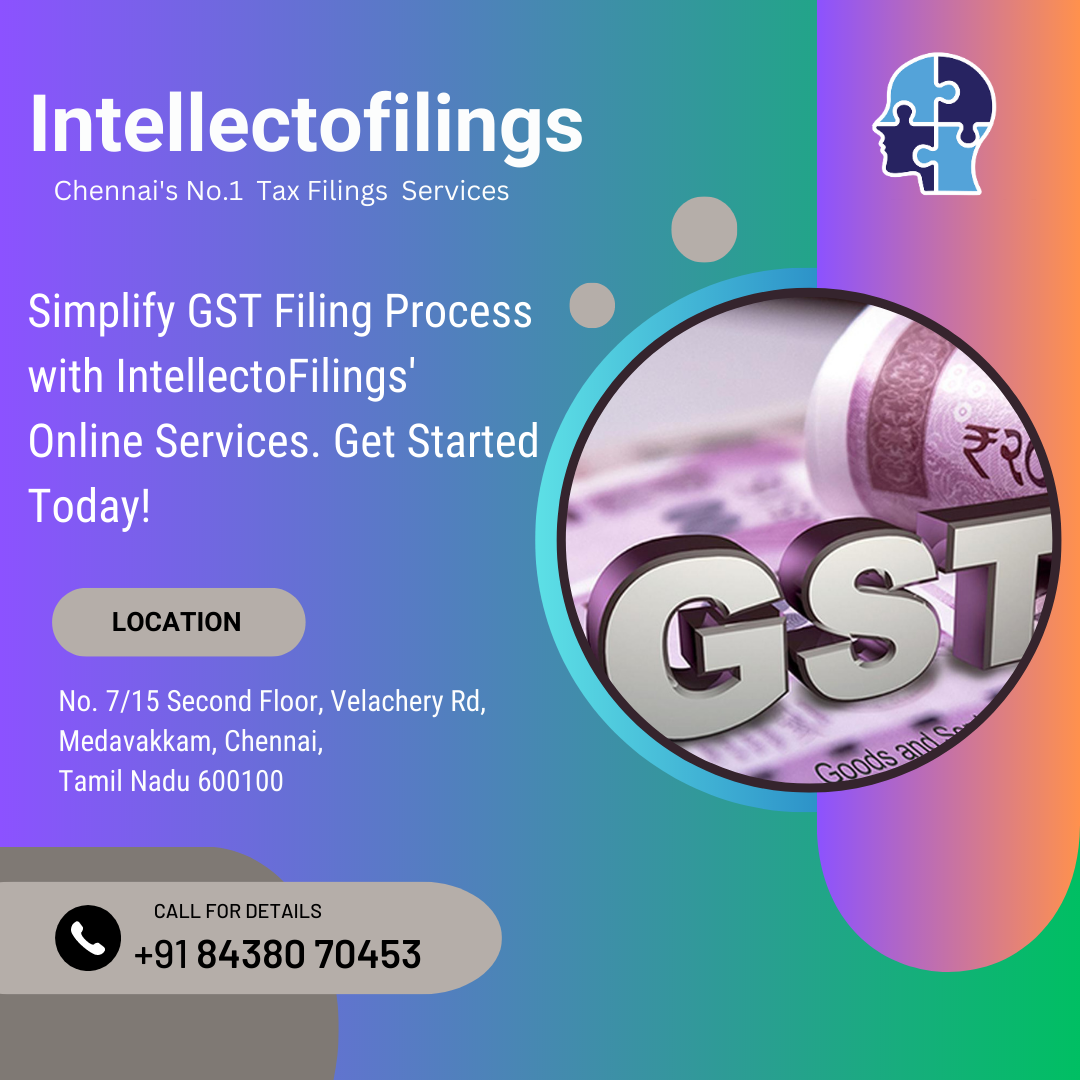GST e-invoicing has revolutionized the invoicing process for businesses in Chennai, bringing in digital efficiency and enhancing compliance with the Goods and Services Tax (GST) regime. This article aims to provide an overview of GST e-invoicing, its benefits, and the implementation process in Chennai, empowering businesses to adapt to this digital transformation.
Understanding GST e-Invoicing:
GST e-invoicing is the process of generating and validating invoices electronically in a standardized format that complies with the GST regulations. It involves the generation of an Invoice Reference Number (IRN) and a Quick Response (QR) code, which contains key invoice details such as supplier information, buyer information, and invoice amounts. This digital system eliminates the need for manual data entry and ensures accuracy and transparency in business transactions.
Benefits of GST e-Invoicing: a. Enhanced Efficiency: Manual data entry errors are reduced, resulting in faster invoice processing and improved operational efficiency.
b. Seamless Compliance: GST e-invoicing ensures adherence to GST regulations, reducing the risk of non-compliance and associated penalties.
c. Faster Payment Cycles: The streamlined invoicing process enables prompt payment processing, reducing payment delays and improving cash flow.
d. Data Integration: E-invoices can be seamlessly integrated into accounting systems, facilitating easier reconciliation and financial reporting.
e. Reduced Paperwork: By eliminating the need for physical invoices, businesses can reduce paper usage, storage space, and associated costs.
Implementation Process in Chennai:
a. Obtain IRN from the Invoice Registration Portal (IRP): Businesses generate the e-invoice in the prescribed format and upload it to the IRP to obtain the unique IRN and QR code.
b. Reporting to the GST System: The e-invoice data is reported to the GST System, enabling real-time validation and integration with the GSTN (Goods and Services Tax Network).
c. Generation of e-Way Bill: If applicable, businesses can generate an e-Way Bill using the data from the e-invoice for the movement of goods.
d. Providing E-invoice to Buyers: The digitally signed e-invoice with the QR code is shared with buyers, who can scan the QR code to verify the authenticity and access invoice details.
Compliance and Record-Keeping:
Businesses in Chennai must ensure compliance with GST e-invoicing regulations:
a. Validating IRN: Buyers should validate the IRN and QR code received from suppliers to ensure the authenticity and integrity of the e-invoice.
b. Record-Keeping: Businesses must maintain records of e-invoices, IRN, QR codes, and other supporting documents for the prescribed period as specified by the GST regulations.
Seeking Professional Support:
To ensure a smooth transition to GST e-invoicing, businesses in Chennai can seek professional support from GST practitioners or technology service providers. These experts can assist in implementing the necessary software, understanding compliance requirements, and integrating e-invoicing with existing business processes.
GST e-invoicing in Chennai has paved the way for a digital and streamlined invoicing system in Chennai. By embracing this transformation, businesses can improve operational efficiency, achieve seamless compliance with GST regulations, and contribute to the overall growth and digitization of the business landscape in Chennai.
GST return filing in Chennai GST LUT in Chennai GST invoicing in Chennai Personal Tax Filing In Chennai Businesses operating in Chennai TDS Filing Service in Chennai Form 16 Filing In Chennai ITR-5 Return Filing In Chennai ITR-4 Return Filing in Chennai





Comments